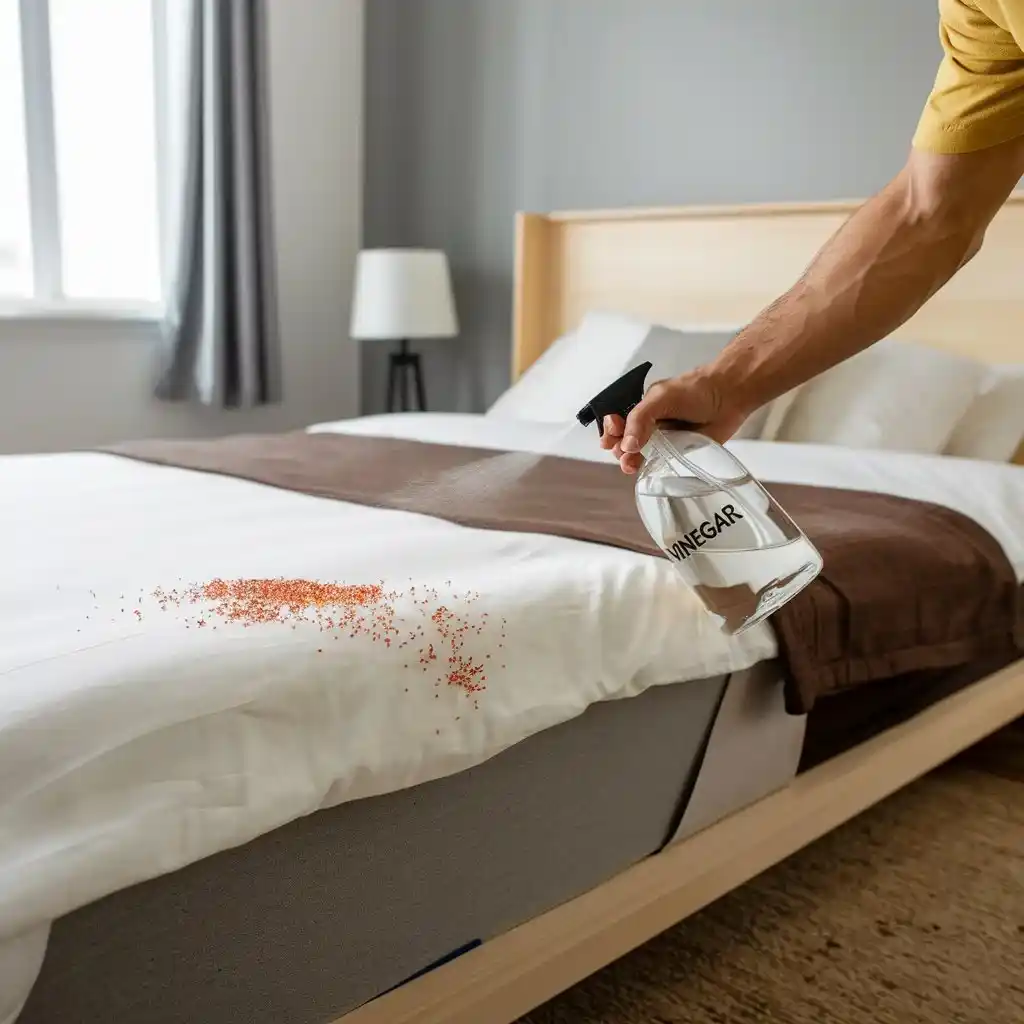Bed bugs are one of the most stubborn pests, and dealing with them can feel like an endless nightmare. There are countless methods suggested for controlling these little invaders, but many people are curious: does vinegar kill bed bugs?
Vinegar is often praised for its natural cleaning properties, but is it effective against bed bugs? This guide dives into the question of vinegar’s effectiveness, offering insights, alternatives, and practical steps you can take to protect your home.
Does Vinegar Kill Bed Bugs? Exploring the Efficacy of Natural Remedies
If you’ve discovered bed bugs in your home, you’re probably eager to find a solution. Natural remedies like vinegar often pop up in home treatment suggestions, but how reliable are they? In this article, we’ll break down everything you need to know about using vinegar to kill bed bugs, while also exploring alternative natural treatments that may be more effective.
Understanding Bed Bug
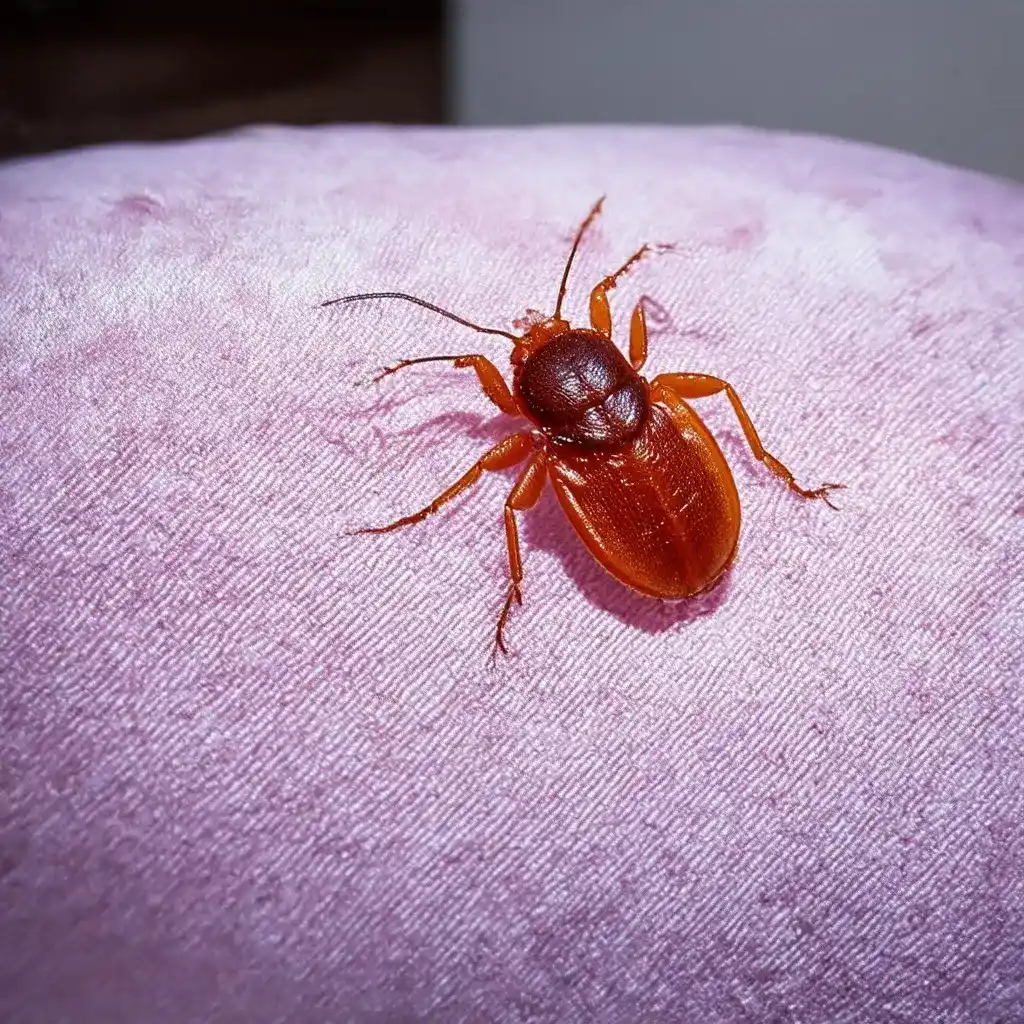
Before tackling bed bugs with vinegar or any other method, it’s crucial to understand what you’re up against. Bed bugs are small, blood-sucking insects that can hide in the tiniest of spaces.
What Are Bed Bugs?
- Bed bugs are small, flat, reddish-brown insects that feed on human blood.
- Typically active at night, they hide during the day in mattresses, box springs, bed frames, and crevices.
- They don’t jump or fly but can crawl quickly across floors, walls, and ceilings.
How Bed Bug Infestations Start
- Bed bugs can enter your home through luggage, clothing, used furniture, or even public transport.
- Once they infest an area, they can quickly reproduce. A single female bed bug can lay hundreds of eggs in her lifetime, leading to a rapid increase in the infestation.
Understanding these characteristics helps when deciding how to attack the problem, and whether vinegar will be strong enough to kill bed bugs.
The Power of Vinegar: Can It Really Kill Bed Bugs?
Vinegar is an inexpensive and widely available household item, often used as a cleaner and disinfectant. But can it really kill bed bugs?
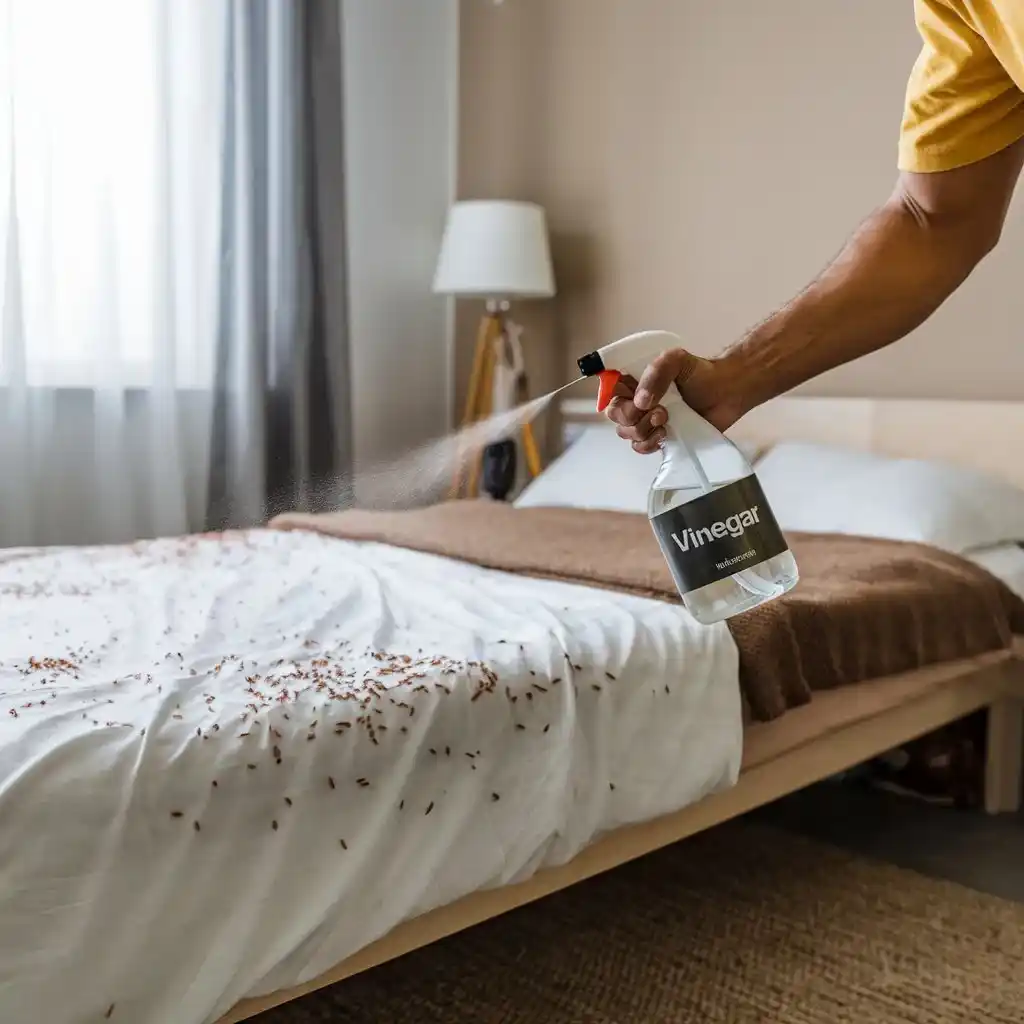
Vinegar as a Natural Solution
- Types of Vinegar:White vinegar, often preferred for cleaning due to its high acetic acid content, is also used to treat bed bugs.
- Chemical Properties: Vinegar contains acetic acid, which gives it a sour smell and makes it effective in killing or repelling some insects. Acetic acid can disrupt the nervous system of small pests like bed bugs, theoretically making it a natural solution.
Does Vinegar Kill Bed Bugs on Contact?
- Vinegar may kill bed bugs on contact if applied directly, but it’s unlikely to be a long-term solution for an infestation. You’d have to spray vinegar directly onto the bed bugs for it to work, which means finding and treating every bug can be a challenge.
- Real-life Example: A friend of mine tried vinegar after finding bed bugs in her apartment. She sprayed vinegar in the cracks and crevices of her bed frame. While it did kill some bugs on contact, she quickly realized that the eggs and many bed bugs remained unaffected, hiding in deeper spots she couldn’t reach.
Limitations of Using Vinegar
- Short-term Fix: Vinegar may help in the short term by killing bed bugs on contact, but it doesn’t have a residual effect. Once the vinegar dries, it no longer poses a threat to bed bugs.
- Repellent Effect: Bed bugs might be repelled by the strong smell of vinegar, but they won’t necessarily stay away permanently.
Alternative Natural Remedies for Bed Bugs
If vinegar isn’t the magic cure you were hoping for, don’t worry. There are other natural methods that may offer better results.
Essential Oils vs. Vinegar
- Essential Oils: Essential oils like tea tree oil, lavender, and eucalyptus oil are popular natural remedies. These oils have insecticidal properties that can kill bed bugs or repel them.
- Pros and Cons: While essential oils smell nicer than vinegar and may have some repellent properties, like vinegar, they need to be applied directly to the bed bugs to be effective.
Diatomaceous Earth as a Bed Bug Treatment
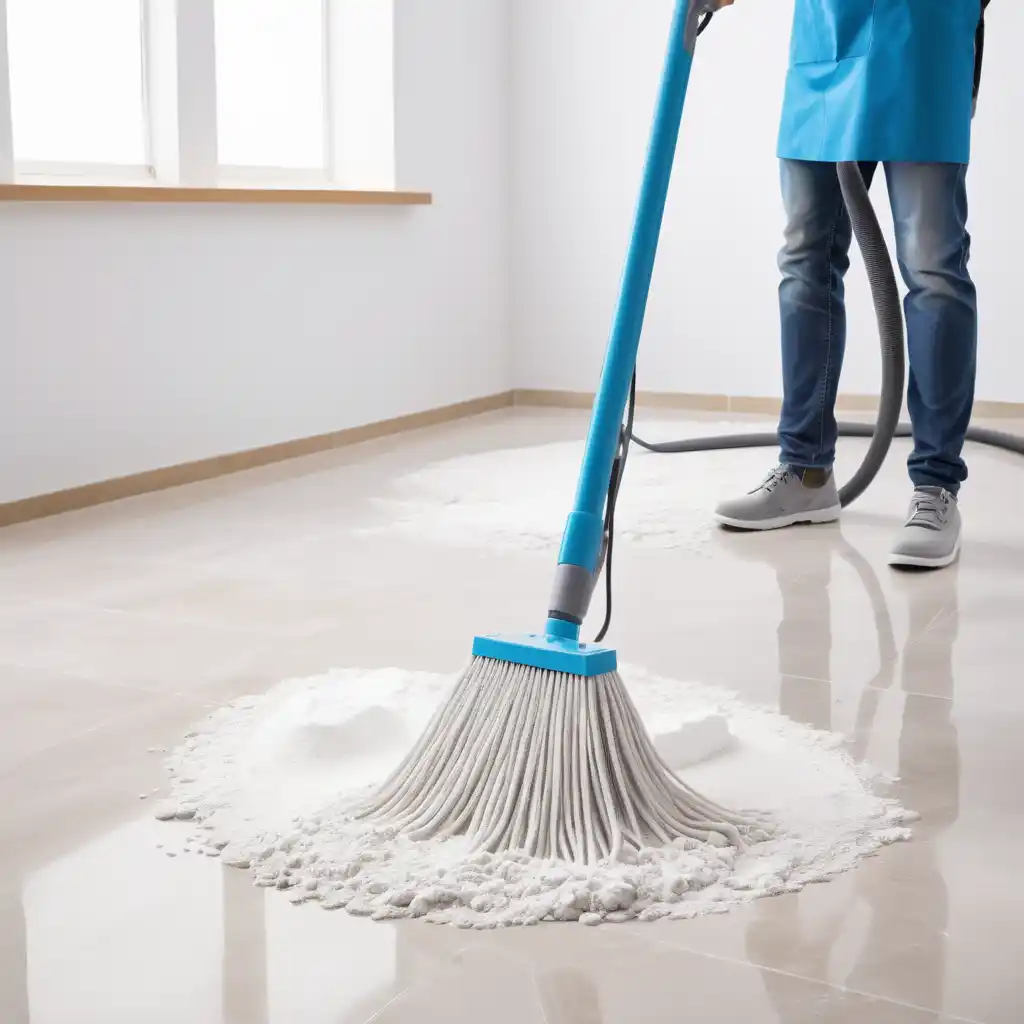
- What It Is: Diatomaceous earth is a natural powder made from fossilized aquatic organisms. When sprinkled in areas where bed bugs travel, it acts as a desiccant, drying out and killing them over time.
- Effectiveness: Unlike vinegar, diatomaceous earth has a long-lasting effect. However, it can take several days to work, and bed bugs must come into contact with it for it to be effective.
Heat Treatment: Can Temperature Eliminate Bed Bugs?
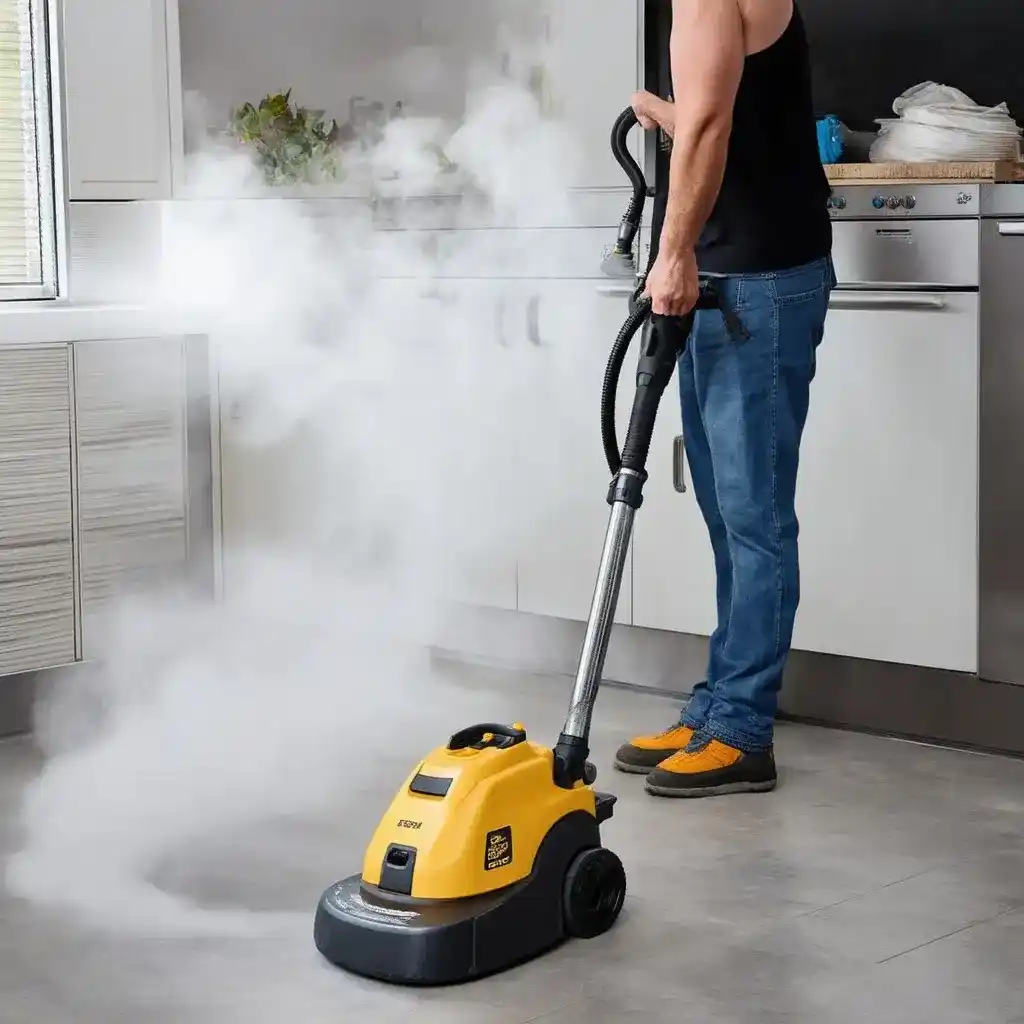
- Steam Cleaning: Steam cleaning is a highly effective way to kill bed bugs and their eggs. Bed bugs cannot survive at temperatures above 120°F.
- Heat Exposure: In some cases, professional exterminators will use heat treatments to raise the temperature of an entire room or home, killing bed bugs wherever they hide.
Professional Bed Bug Treatments vs. DIY Methods
When to call a professional? While DIY Pest Control methods can be helpful in small infestations, large or stubborn infestations often require more advanced solutions.
When Should You Call a Professional Exterminator?
- Signs of a Severe Infestation: If bed bugs have spread throughout your home,you’re dealing with persistent bites, it may be time to call a professional. Professional exterminators have access to more powerful treatments, such as heat treatments and chemical sprays.
- Cost vs. Effectiveness: While professional services can be expensive, they are usually more effective than DIY methods in treating larger infestations.
DIY Bed Bug Remedies That Actually Work
- Vinegar Sprays: Vinegar is most effective against bed bugs when used with other treatments.
- Combining Methods: For example, using vinegar to kill bed bugs on contact while applying diatomaceous earth for longer-term protection can be more effective than using either method alone.
How to Use Vinegar Safely to Control Bed Bugs
Use vinegar safely and effectively to treat bed bugs.
Preparing a Vinegar Bed Bug Spray
- DIY Recipe: Fill a spray bottle with white vinegar, undiluted, for maximum strength. You can add a few drops of essential oils to improve the smell, though this isn’t necessary for the treatment to work.
- Application Tips: Spray vinegar directly on bed bugs and in areas where they hide, such as along mattress seams, inside cracks and crevices, and around furniture joints.
Targeting Bed Bug Hotspots with Vinegar
- Finding Hotspots: Bed bugs tend to hide near where people sleep, so focus your treatment on beds, couches, and other resting areas.
- Maximum Impact: Apply vinegar daily to these areas until the infestation subsides, but remember to supplement it with other methods like steam cleaning or vacuuming.
Maintenance Cleaning After Vinegar Treatment
- Post-Treatment Cleaning: After using vinegar, clean your home thoroughly to remove dead bed bugs and eggs. Launder your bedding and clothing in hot water and vacuum the affected areas.
- Prevention Tips: Continue to vacuum regularly, and inspect second-hand furniture or clothing before bringing them into your home to avoid future infestations.
Risks and Side Effects of Using Vinegar Against Bed Bugs
Vinegar, while natural, poses some risks.
Is Vinegar Safe for Your Home and Family?
- Health Risks: Vinegar is generally safe for use around pets and humans. Its strong odor may be unpleasant and cause eye or respiratory irritation with prolonged exposure.
- Damage to Surfaces: Be careful when applying vinegar to delicate surfaces. It can damage wood, stain certain fabrics, and cause discoloration on some types of flooring.
Alternative Natural Products That Are Safer Than Vinegar
- Safer Alternatives: Safer household alternatives to vinegar for bed bug control include neem oil, baking soda, and rubbing alcohol.
- Consider Insecticides: For persistent bed bug infestations, consider low-toxicity insecticides designed for home use.
Is Vinegar Really the Solution for Bed Bugs? Final Thoughts
In conclusion, while vinegar can kill bed bugs on contact, it isn’t a comprehensive solution for eliminating an infestation.
Effective, long-term bed bug control requires a multi-pronged approach, combining vinegar with methods such as steam cleaning, diatomaceous earth, or professional treatments.
FAQs About “Does Vinegar Kill Bed Bugs“
Q1: How often should I apply vinegar to treat bed bugs?
A1: You should apply vinegar daily to areas where bed bugs are present until you see results. However, it’s crucial to combine vinegar with other treatments to increase effectiveness.
Q2: Can vinegar be harmful to pets during bed bug treatments?
A2: Vinegar is generally safe around pets, though the smell may bother them. Ensure good ventilation while applying it to avoid irritation.
Q3: Does apple cider vinegar work as well as white vinegar on bed bugs?
A3: White vinegar has a higher acetic acid content, making it more effective than apple cider vinegar for killing bed bugs.
Q4: Will vinegar kill bed bug eggs?
A4: Vinegar is not as effective on bed bug eggs. To eliminate eggs, consider using steam treatments or professional extermination services.
Q5: How long will it take to see results from vinegar treatment?
A5: Vinegar may kill some bed bugs on contact, but it doesn’t offer lasting protection. It may take weeks of repeated application combined with other methods to see noticeable improvement.

